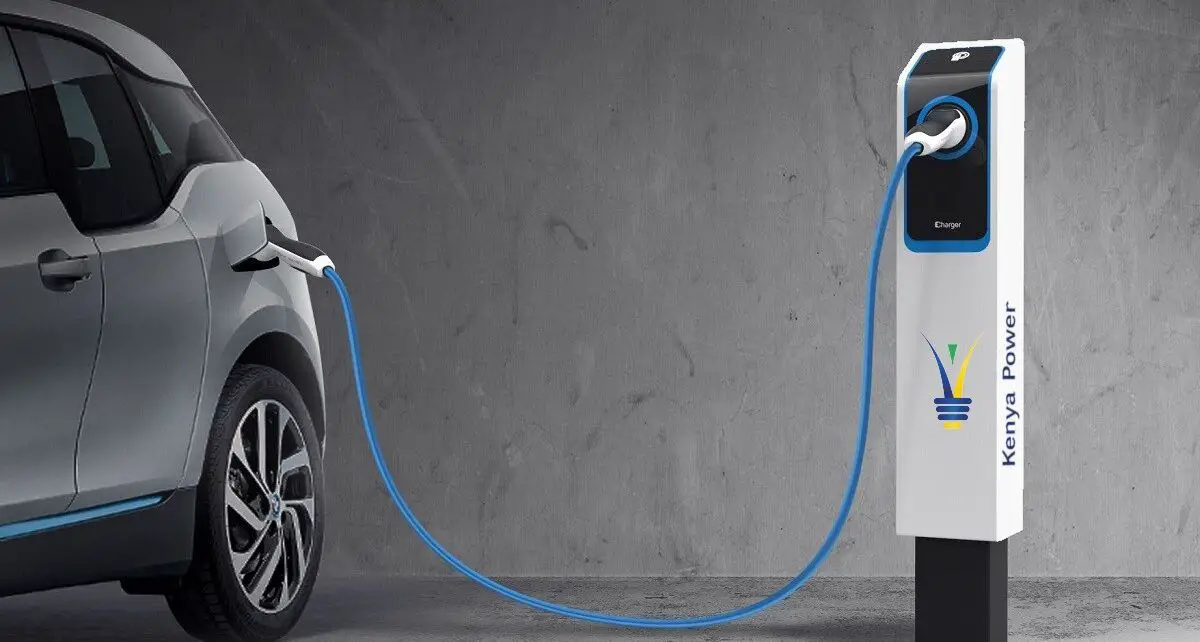Kenya Power to convert its 2,000 vehicles to electric over 4 years.
The Kenya Power and Lighting Company (KPLC) said it plans to phase out its entire fleet of 2,000 fossil fuel-powered vehicles through the purchase of new electric vehicles.


The Kenya Power and Lighting Company (KPLC) said it plans to phase out its entire fleet of 2,000 fossil fuel-powered vehicles through the purchase of new electric vehicles. The company has also set aside KSh40 million for the purchase of three electric vehicles and the construction of three electric vehicle-charging stations within Nairobi.
However, the company revealed that the electric vehicles will preferably be charged during the off-peak hours at night due to the demand drop in that period.
Part of the statement from Kenya Power said that the country has an installed capacity of 3,321MW against a peak demand of 2,132MW. During off-peak, which happens late in the night, the demand drops to about 1,100MW.
KPLC further stated that 90% of the electricity dispatched to the grid comprised of clean energy generated through renewable sources and that it rose to 100% during most of the night off-peak time. Charging electric vehicles, especially at night would, therefore, help bridge the gap between off-peak load available generation capacity as well as raise the average demand to above 1,500MW, making e-mobility more environmentally friendly end to end.
The Power company says that EV demand is expected to accelerate in coming years due to increased awareness of the benefits of e-mobility. It added that this is an organic opportunity for the company to support the country’s green agenda and drive demand for electricity.
Additionally, the utility firm has recently completed piloting 13 electric bikes in conjunction with the United Nations Environment Programme (UNEP) which were used by meter readers and its revenue collection team.
Two major companies Roam and BasiGo have captured the transport sector by coming up with several buses that ply different routes around Nairobi City. Some of the routes include Thika Superhighway, picking and dropping off passengers along that busy road, including Allsops, Roysambu, and Ruiru, among others




